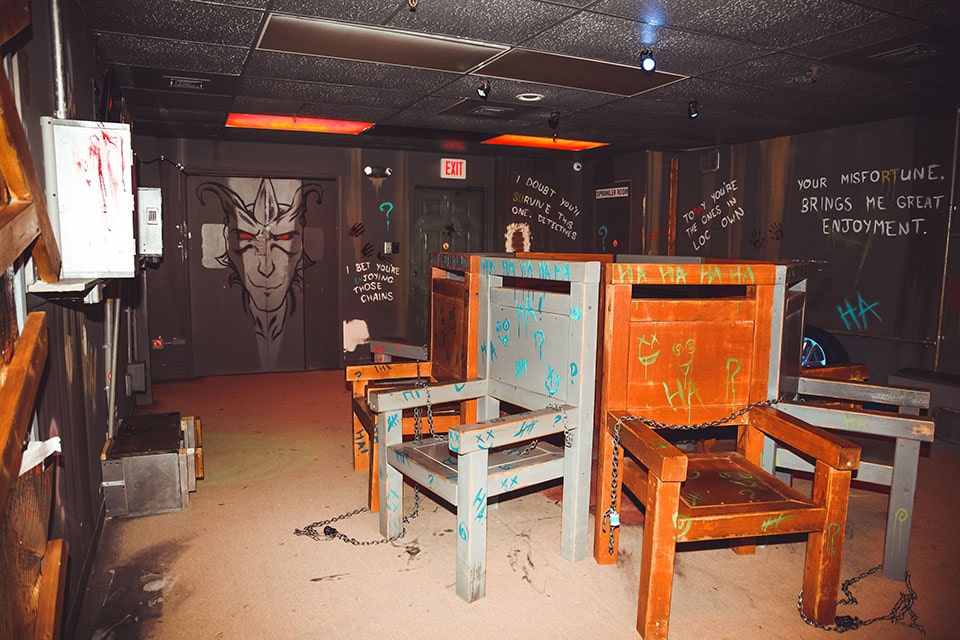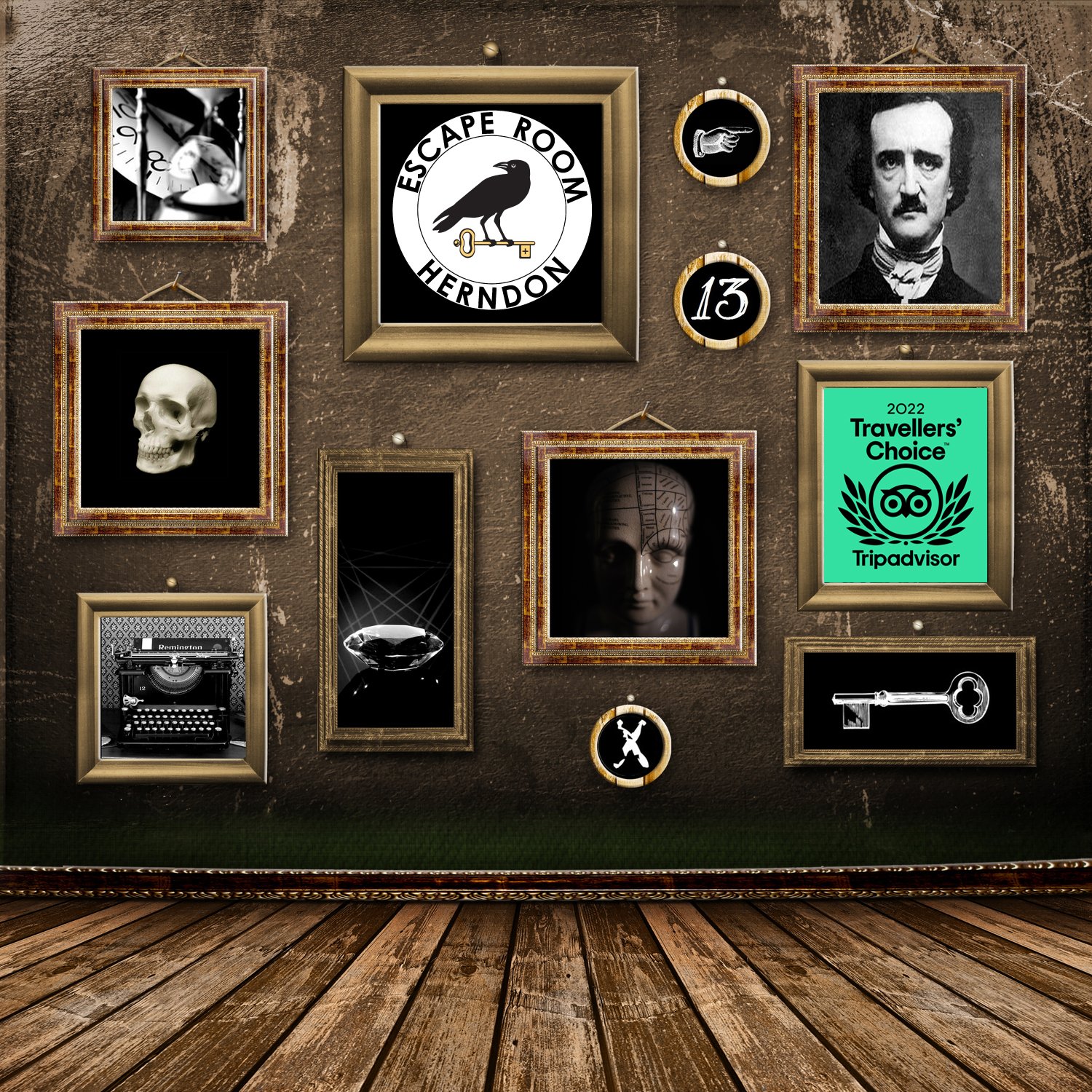Team Techniques: How to Team up Efficiently in a Getaway Area
Teams must actively pay attention to each member's insights, assign duties that line up with specific toughness, and preserve routine check-ins to guarantee focus and prevent redundancy. By cultivating a setting that values cohesion and adaptability, teams can substantially heighten their performance and success rates.
Establish Clear Communication

To promote clear communication, it is vital to assign a central point of contact for details dissemination. This function includes summarizing searchings for and recommended methods to ensure everyone stays on the same web page. Additionally, embracing a methodical technique to discussions can prevent chaotic exchanges. Short, focused updates from each team participant can keep the team educated without overwhelming them with details - best escape room.

Designate Functions Purposefully
While clear interaction sets the structure for efficient teamwork, appointing duties tactically makes certain that each employee's staminas are made use of successfully. In a getaway space scenario, the time-sensitive and complex nature of obstacles requires an efficient technique to job delegation. By determining and leveraging private proficiencies, teams can enhance their analytical abilities and enhance total efficiency.
First, examine the distinct abilities and attributes of each individual. Somebody with a keen eye for information may succeed in locating surprise objects, while a rational thinker could be much better matched to addressing problems. It's similarly vital to have a leader that can look after progression, take care of the timeline, and make definitive telephone calls when essential. This function frequently calls for solid business and interpersonal skills.
2nd, make sure that roles are versatile and versatile. As new difficulties arise, the group has to be able to pivot, reapportioning tasks as called for. This adaptability helps maintain momentum and avoids bottlenecks that could occur because of stiff role assignments.
Eventually, a strategic strategy to duty assignment not only makes best use of the strengths of each staff member yet also cultivates a natural atmosphere, driving the group towards an effective getaway.
Make Use Of Diverse Abilities
Acknowledging and using the diverse skills within your team can dramatically raise your efficiency in a retreat area. Each team participant brings distinct toughness to the table, and successfully leveraging these abilities can accelerate problem-solving and improve overall effectiveness. A group participant with strong analytical abilities may excel at figuring out complicated codes or patterns, while one more with keen observational capacities might rapidly identify surprise ideas that others could neglect.
Encourage team participants to articulate their understandings and concepts promptly, making certain that all prospective options are taken into consideration. In addition, appointing tasks that straighten with each member's strengths can protect against bottlenecks and make sure that progression is continuous.
Moreover, diversity in abilities commonly translates to variety in believing designs, which is vital in an escape area setting. While some obstacles may need sensible thinking and accuracy, others might take advantage of imaginative and association of ideas. By acknowledging and leveraging this diversity, groups can deal with a broader series of obstacles more effectively, thereby raising their possibilities of an effective retreat.
Manage Time Effectively

Recognize noticeable problems and divide tasks based on group members' staminas, guaranteeing that nobody is still. This practice can aid maintain the group concentrated and avoid time from sliding away unnoticed.
In addition, avoid one-track mind. If a puzzle is more helpful hints taking as well long, revolve employee or go on to another difficulty, returning later with fresh viewpoints. Interaction is extremely important-- keep everyone upgraded on addressed problems and staying jobs to prevent redundant initiatives.
Finally, use any tips or clues moderately but purposefully - best escape room. Knowing when to request assistance can conserve valuable time. By adhering to these time management principles, groups can dramatically boost their opportunities of a successful and pleasurable getaway area experience
Debrief and Reflect
Reflection is an essential aspect of group development and enhancement in the context of getaway rooms. When the obstacle is finished, whether effectively or otherwise, it is vital for the group to take part in a structured debriefing session. This procedure allows team members to assess their performance, identify strengths, and identify locations for improvement.
Start the debrief by reviewing what went well. Highlight details instances of efficient interaction, analytical, and collaboration. Identifying these positive actions strengthens them and motivates their rep in future obstacles.
Review moments of complication, miscommunication, or inefficient methods. Motivate an open and constructive try this web-site dialogue where team participants can share their viewpoints without concern of objection.
Final Thought
In conclusion, successful cooperation in a retreat space is based upon clear interaction, strategic function tasks, the reliable use of varied skills, and skillful time management. Routine check-ins and structured debriefings are necessary for preserving focus and promoting continuous renovation. By producing a cohesive and adaptive group environment, the likelihood of efficiently addressing problems and attaining the goal of running away the area is dramatically enhanced. This strategy not only guarantees success however also promotes collective growth and knowing. look here